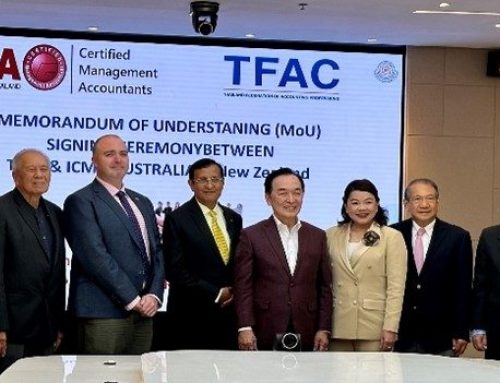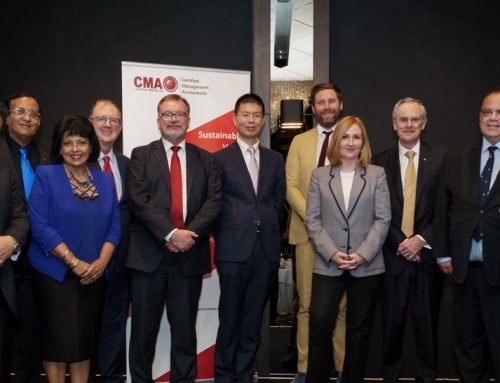Professor Janek Ratnatunga, CEO of the Institute of Certified Management Accountants, says that in the aftermath of the PwC tax scandal it is time to seriously regulate all the Big 4 Accounting giants, KPMG, Deloitte, EY and PwC.
In the PwC tax scandal, a former PwC advisor, signed confidentiality agreements with the Australian government on proposed stricter multinational tax legislation. Instead, he emailed his PwC colleagues so they could warn clients about impending events. PwC partners then created “a global team” to think about how this information may be exploited for commercial gain globally.
In a hard-hitting opinion piece, he says that this latest scandal, and many other worldwide accounting and auditing scandals before, raise some fundamental questions of the relationship between governments and the accounting and auditing profession, especially the Big-4:
“Why are governments getting advice on policy matters, especially on Tax Policy, from the very consultants from the Big-4 who will be advising clients on how to take advantage of such policies?”
“Why are governments allowing the accounting and auditing profession to determine what outcomes are expected from a statutory audit?”
“Why are governments allowing the accounting and auditing profession to self-regulate in the wake of continuing scandals that put into question their ethical and moral integrity?”
“Why are governments using the big private consulting firms (with big price tags) when there are public sector organisations such as universities and scientific institutes that already employ experts in the field?”
Professor Ratnatunga says that this is not the first case embroiling a Big-4 firm. They have been the auditors in all the biggest accounting scandals in the last 25 years.
He says that as recently as March 2023, Silicon Valley Bank failed just 14 days after KPMG LLP gave the lender a clean bill of health. Signature Bank went down 11 days after the accounting firm signed off on its audit.
“Why are so many companies around the world failing after getting clean audit reports? Because the audit report does not tell us what we think it certifies.”
“Audit reports only tell us that the financial statements are presented in accordance with the prescribed accounting standards, which the profession itself has created. They do not attest that the value of the company is a true and fair measurement of its market value; nor do they attest that the financial transactions recorded arose out of only ethical practices; and they certainly do not attest that there has been no fraud.”
Professor Ratnatunga says that it is time for an independent body set-up by Parliament, to be responsible for setting accounting standards.
Also, he says that Australia should take a lead from the United States, where the regulation of the accounting profession has shifted from self-regulation to statutory regulation.
Finally, he says that governments should have a Register of Miscreants of consultants who have been involved in scandals and banning them from future government contracts.



Stay In Touch